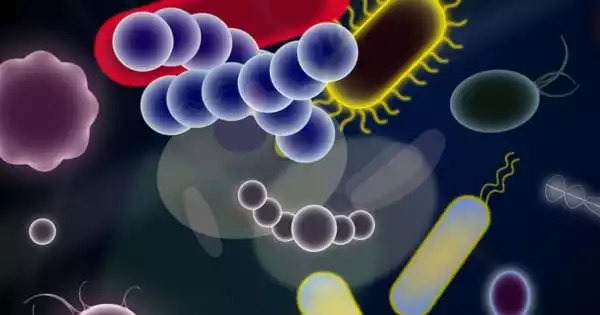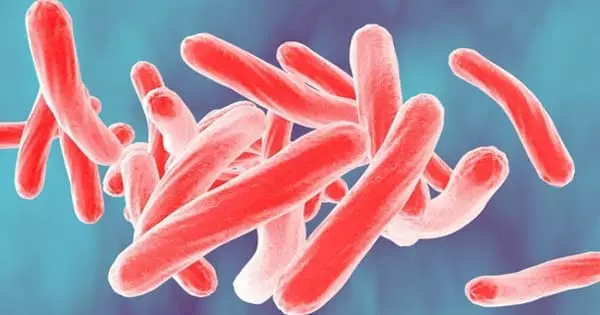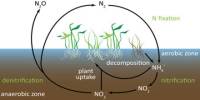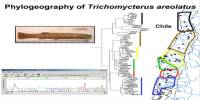Scientists have created bacteria that can detect certain substances in the stomach. What’s that nagging feeling in the pit of your stomach? It’s all in your head, although some of it does begin in your gastrointestinal tract. Some of the trillions of bacteria residing in your gut, along with viruses, eukaryotes, and archaea, generate some of the neurotransmitters responsible for your nerves, anxiety, and euphoria. When you don’t have enough – or have too much – of any of these hormones, your mental health can suffer.
Microbes outnumber cells in your body by a factor of ten. According to recent research, these microscopic organisms aid in the digestion of food and the maintenance of our immune systems. Researchers have uncovered another another way microorganisms keep us healthy: they are required for the closure of the blood-brain barrier, a molecular fence that keeps viruses and compounds that could harm the brain at bay.
Tae Seok Moon, associate professor in the Department of Energy, Environmental, and Chemical Engineering at Washington University in St. Louis’ McKelvey School of Engineering, claims he has personally experienced this mismatch. And he’s working on a solution: genetically modified bacteria that can monitor chemical production from within a person’s gut and correct any imbalances.
His research was published in the journal Cell Systems.
One of the major issues in engineering is specificity. However, we have demonstrated that it is possible. If the concentrations become too high, the bacteria create an enzyme that destroys the target chemical. If it’s too low, the bacteria generate an enzyme that can make more of it.
Tae Seok Moon
“It’s a challenging task to maintain your neurotransmitters balanced,” Moon added. But he’s already started. Moon was awarded a grant in 2017 to develop a probiotic geared precisely at preventing patients against the detrimental health effects of adrenaline spikes.
Moon’s solution is the creation of a “bacterial sensor” capable of detecting specific compounds in a person’s stomach. In his lab, he has been working on comparable sensors with the intention of eventually genetically engineering a form of modular system with different sensors. He’d already created sensors for temperature, pH, oxygen levels, light, pollution, and other disease-causing compounds.
Specificity is key
Moon isn’t the first person to design such sensors, but they’ve largely suffered from a lack of specificity up until now. When it comes to distinguishing between similarly shaped molecules, sensors often struggle.
“One of the major issues in engineering is specificity,” Moon added. “However, we have demonstrated that it is possible.” The genetically altered Escherichia coli Nissle 1917 (EcN) bacterium, which possesses a sensor for only one sort of chemical, is proof of this.
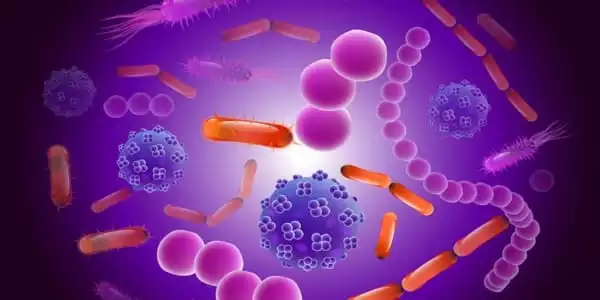
The team was able to begin with a sensor route present naturally in bacteria. First author Austin Rottinghaus, a PhD student in Moon’s lab, and other lab members utilized computer modeling to investigate how mutations may influence the pathway’s sensitivity. The researchers were able to create a sensor pathway that was specifically sensitive to the chemicals of interest.
The sensors were inserted into EcN, transforming the bacteria into precision hunters. They could tell the difference between phenylalanine (Phe) and tyrosine (Tyr), two structurally identical chemicals linked to the diseases (PKU) and type 2 tyrosinemia, respectively.
The researchers also created sensors for the similarly structured phenylethylamine (PEA) and tyramine (Tyra) – both of which are found in food and the stomach. Moon’s lab may now concentrate on constructing an actuator, which is a protein that acts based on information obtained by the sensor. PKU, for example, is a hereditary disorder that causes newborns to collect an excessive amount of phenylalanine. A fully created bacteria might contain a sensor to detect the amino acid and an actuator to breakdown it if the levels of phenylalanine become too high.
These kinds of modified organisms can be beneficial in contexts other than medicine. They can also be used to check food quality or to control pathways for microbial metabolic engineering, which is utilized to manufacture many medicines, fuels, and other compounds.
However, as a result of his experiences, Moon is especially interested in microorganisms that can detect the quantities of neurotransmitters in the stomach. “If the concentrations become too high, the bacteria create an enzyme that destroys the target chemical. If it’s too low, the bacteria generate an enzyme that can make more of it,” he explained.”
Bacteria in the gut produce around 95% of the hormone serotonin. A person might suffer tremendously when this and other neurotransmitters are out of balance, according to Moon. He wishes to put a stop to this agony.
